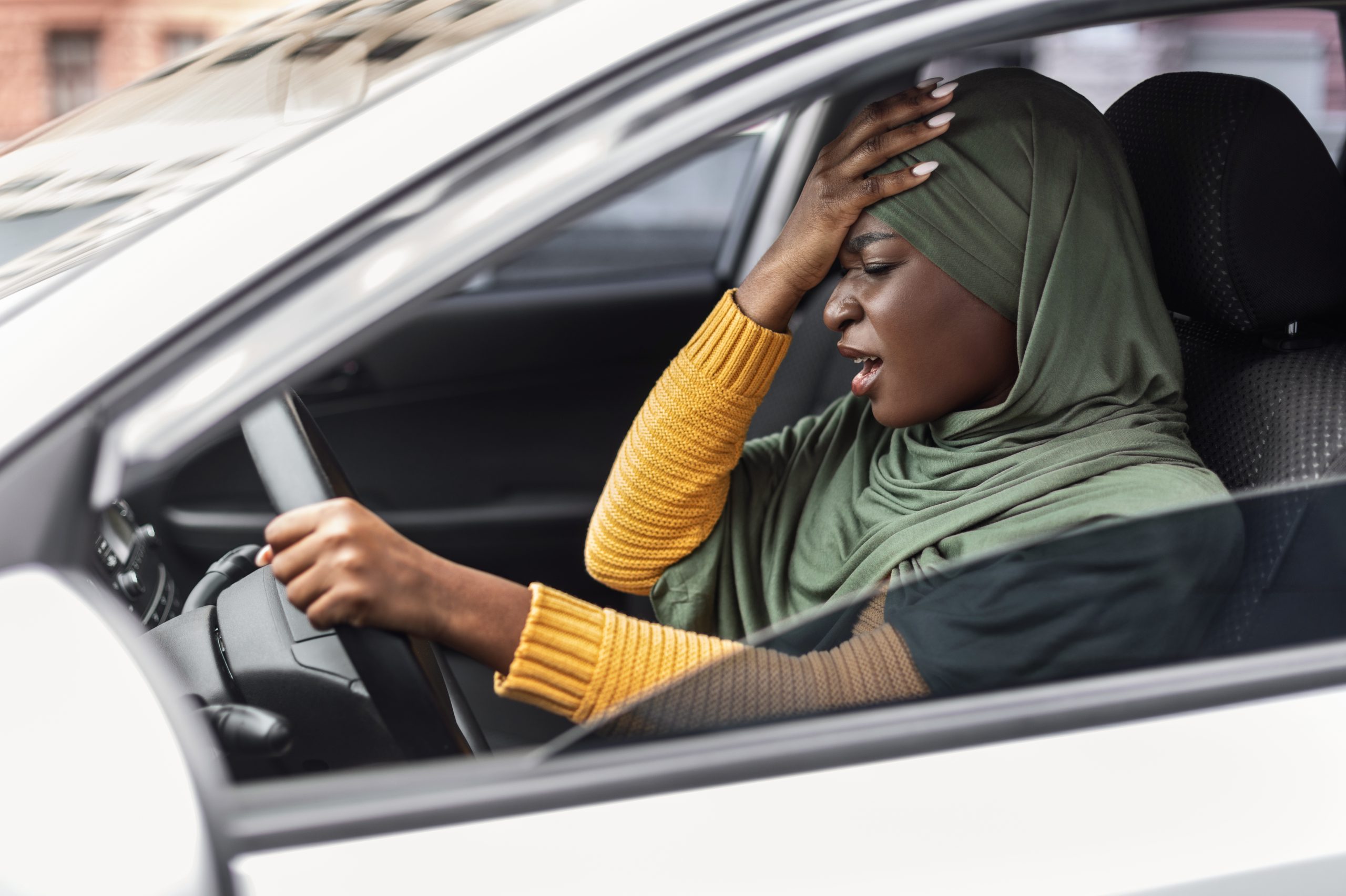Bipolar Disorder

Bipolar Disorder
This is a mental health condition that is characterised by affecting the mood. It is a mental health condition that causes dramatic shifts in a person’s mood, energy levels and behaviour. People with the disorder experience heavy emotional highs (known as mania or hypomania) and extreme lows (depression). ‘Munhu anogara akati kwindi’ often expressed in shona meaning someone who is always looking extremely sad/angry. The next moment, the same person is awfully happy and in a jovial mood as if they are two different people. Bipolar is stated above is a serious mental health illness, that is characterised by extreme mood swings which can include extreme excitement episodes or extreme depressive feelings. These are mainly characterized by both manic and depressive episodes, or manic ones only.
Summary Of The Case Studies
The manic phase is characterised by episodes such as the following
- Extreme happiness, hopefulness, and excitement
- Irritability, anger, fits of rage and hostile behaviour
- Restlessness
- Agitation
- Rapid speech
- Poor concentration and judgment
- Increased energy
- Less need for sleep
- Unusually high sex drive
- Setting unrealistic goals
- Paranoia
The depressive phase may include the following:
- Sadness and crying
- Feelings of hopelessness, worthlessness, and guilt
- Loss of energy
- Loss of interest or pleasure in everyday activities
- Trouble concentrating and making decisions
- Irritability
- Need for more sleep or sleeplessness
- Change in appetite
- Weight loss/gain
- Suicidal thoughts and attempts at suicide
How professionals deal with cases of people with Bipolar
Insight from Tafadzwa a seasoned and experienced Social worker.
Most of the people that I have come across appeared to lack insight in their illness and in some cases some were not able to recognise their symptoms due to the level of distress associated with psychosis.
I have always had a discussion with them regards how they feel about their illness and possible improvements in their life if they seek help in psychotherapy or medication. They could do this by contacting their GP, presenting themselves at A&E or calling helplines.
In some cases, some people were reluctant to visit a GP or to seek help in general because they believed that there was nothing wrong with them. In such cases I have helped them to get support and treatment.
Recommendations for people dealing with Bipolar
I would recommend them to seek help and to use their knowledge and experience to also help others say through peer support.
That psychosis can affect your ability to do things that you would otherwise do, such as driving or operating machinery.
To comply with treatment plans because bipolar lasts for a lifetime.
People with Bipolar who seek support may end up receiving treatment such as the following.
Medication
a)Mood stabilizers: These help to control extreme mood variations. Medication such as 1) Carbamazepine 2) Lamotrigine and 3) Valproate
- b) For the psychosis, antipsychotic drugs can help reduce symptoms of psychosis such as delusions and hallucination. Medication such as Aripiprazole, Olanzapine ,Quetiapine Risperidone and Clozapine may help.
- c) Antidepressant medication can help deal with depression and the mood swings. Medication such as Sertraline, Fluoxetine , Citalopram, venlafaxine and Duloxetine may help
For anxiety, medication such as Clonazepam , Diazepam, Lorazepam, may help.
References
https://www.aarp.org/health/conditions-treatments/info-2021/bipolar-disorder.html

